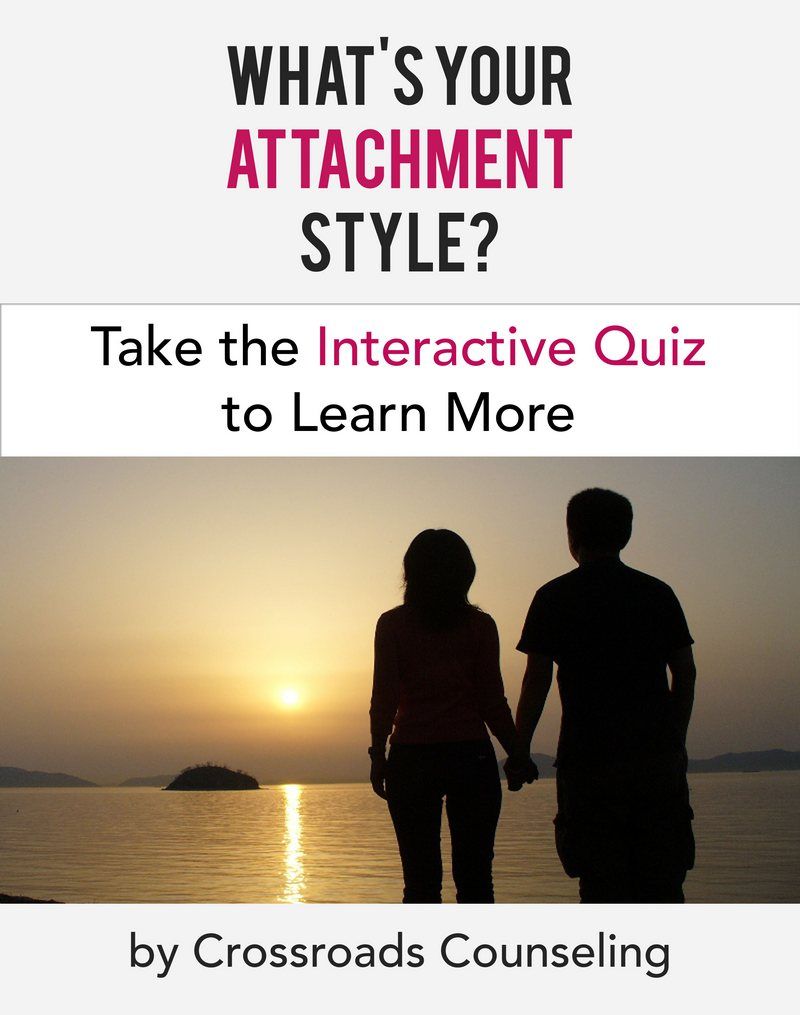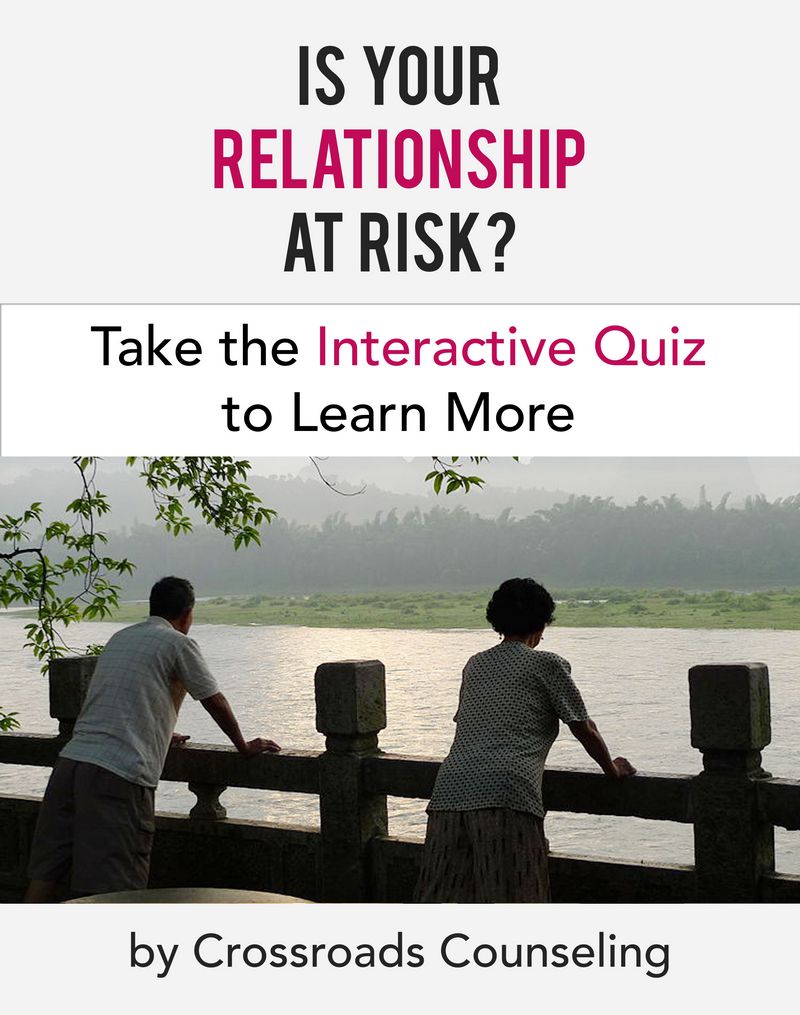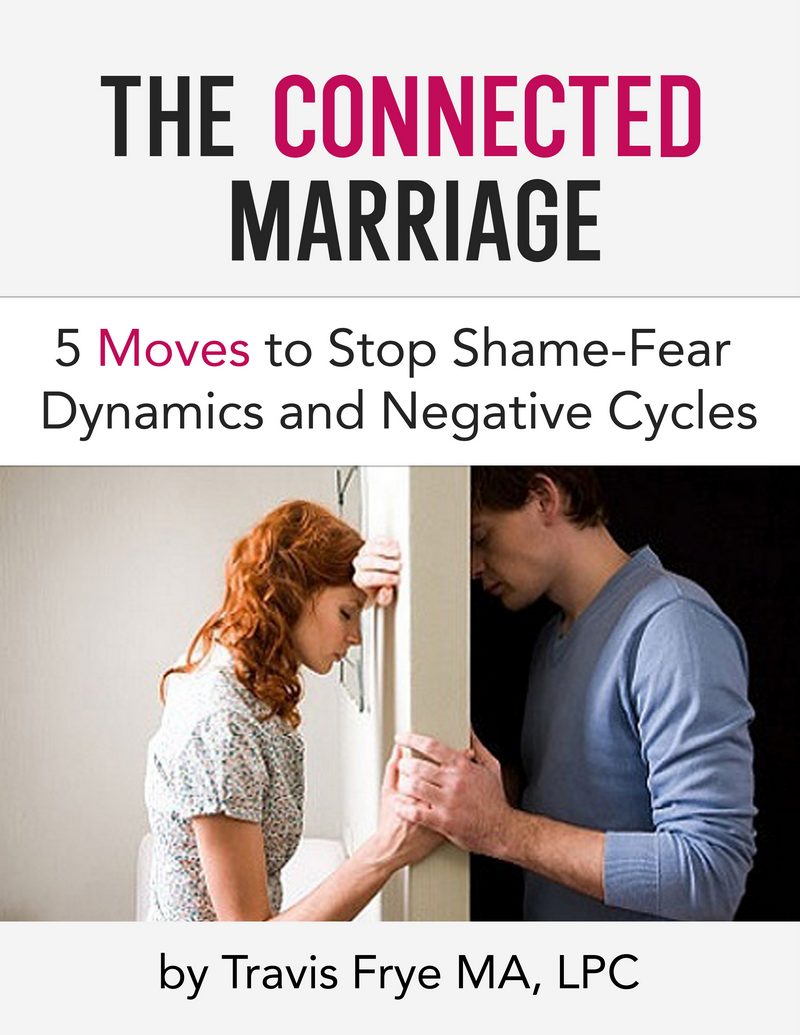Whether we like it or not, our unresolved past experiences often creep into our present. We often see this in our relationships, one of the main issues being attachment styles. Issues with attachment are deeply rooted patterns of behavior and emotion shaped by early experiences as children.
In order to foster healthy, fulfilling romantic relationships, it is crucial that we understand and come to terms with these issues. Let’s discuss more about the impact of attachment styles and how we can learn to navigate them.
What Is Attachment Theory?
Attachment theory was developed by psychologist John Bowlby, who states that early interactions with our caregivers shape how we attach to others. This, in turn, relates to how we form and bond with partners in romantic relationships. There are 4 types of attachment styles: secure, anxious, avoidant, and disorganized. Any issues within attachment can affect everything from communication to conflict resolution.
Secure Attachment
Secure attachment results from feeling safe with your caregivers throughout childhood and being able to ask for reassurance and validation without punishment. People with a secure attachment often navigate romantic relationships well. They have a positive mindset, good communication patterns, and are trusting towards others. Secure individuals feel that they are worthy of love and do not need external validation.
Avoidant Attachment
In childhood, an avoidant style develops when caregivers are emotionally distant and absent. Children have the expectation to be independent at a young age. In romantic relationships, an avoidant individual will keep their partners at an arm’s length. They do not have a need for emotional intimacy since they were not given much as a kid. It can be difficult for their relationships to reach any level of depth, and if they do feel this closeness, they may start to pull away.
Anxious Attachment
Anxious attachment presents as fear of abandonment and a constant need for reassurance. This stems from caregivers being inconsistent with their parenting and not being fully attuned to children’s needs. An anxious individual may cling heavily to their partners in fear that they will leave, or they feel insecure and start to imagine threats to their relationship. The constant overthinking can strain the bond between couples and lead to feelings of suffocation and frustration.
Disorganized Attachment
Disorganized attachment, also known as fearful-avoidant attachment, is a combination of both anxious and avoidant styles. Individuals who experience this type of attachment may have childhood trauma, experiences with neglect, or even abuse. Those with a fearful-avoidant style crave intimacy, yet tend to withdrawal when emotions become overwhelming. In relationships, it can be challenging for individuals to establish trust and security.
How to Overcome Attachment Issues
Experiencing an insecure attachment style can cause conflict, undermine trust, and lose emotional intimacy. When these issues are left unresolved, relationships can often trigger unpleasant emotions and cause dysfunction. Here are some tips on how to overcome attachment issues:
- Self-Awareness: first and foremost, it is important to be aware of and understand which attachment style you may be experiencing.
- Reflection: In order to become self-aware, personal reflection is a great place to start. Engage in self-care practices such as journaling, mindfulness exercises, and seeking support from outside sources.
- Embrace Vulnerability: Diving into the depths of childhood may cause some emotional distress. You will want to embrace these emotions and find your own sense of self-love and acceptance.
- Effective Communication: When entering a relationship, it is important to be upfront and honest about any attachment issues that may cause potential conflict. With communication, your partner can help break these unhealthy patterns and form a secure, emotional bond.
- Seek Counseling: One of the best ways to overcome issues with attachment is to seek help from a mental health professional. Counselors can help with exploration, processing underlying emotions, and develop effective coping mechanisms.
Begin Working With an Attachment Therapist in Phoenix, Scottsdale, And Online in Arizona
May is Mental Health Awareness Month! Every week during the month of May Crossroads Counseling will post a new mental health blog to increase awareness of mental health and counseling resources in Phoenix, Scottsdale, and online in Arizona.
To talk to a mental health professional about starting counseling or therapy please feel free to learn more about our practice by visiting our about page, FAQ, and blog, or read more about our staff members to start finding your best therapeutic fit! Call us at 623-680-3486, text 623-688-5115, or email info@crossroadsfcc.com for more information!
-
- Contact Crossroads Counseling for a complimentary 20-minute phone consult
- Meet with an attachment therapist
- Start your journey towards healing!






